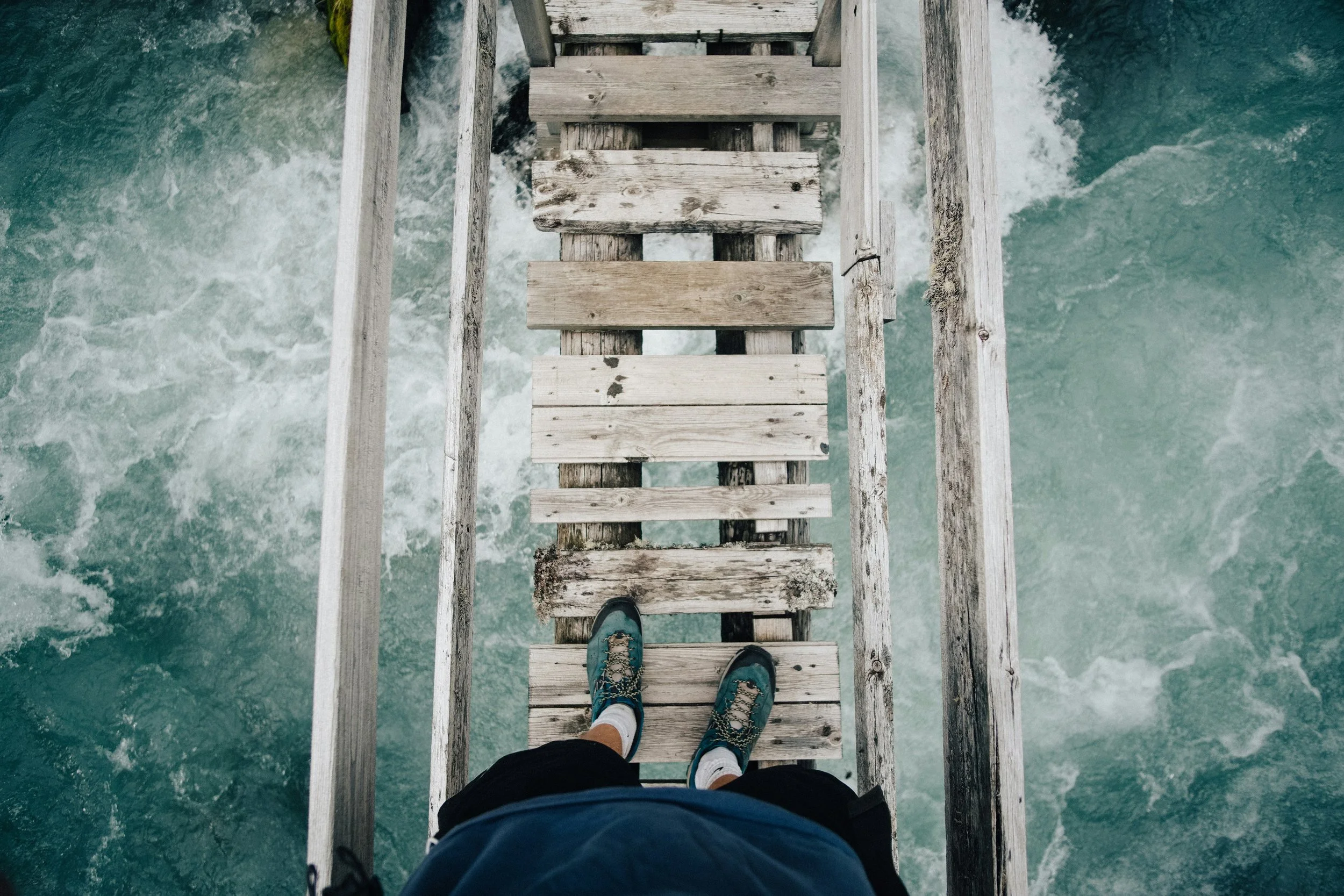What does it mean to be Brave?
I’ve read a few definitions of “brave.” Most of them boil down to this: having the mental or moral strength to face your fears or what you consider difficult—and doing it anyway.
But bravery isn’t a one-size-fits-all concept. What feels brave to one person may feel routine to another. What scares you might thrill someone else. I might find body surfing in huge ocean waves terrifying, while someone else sees it as an adventure. Even the word “dangerous”—often tucked into definitions of bravery—is subjective. And so is fear.
That’s the thing about bravery: it’s deeply personal.
Bravery isn’t just about bold moves or dramatic leaps. Often, it’s quiet. Subtle. Messy. Emotional. It’s sitting with your discomfort long enough to hear the truth inside you. It’s letting your heart beat fast and your stomach churn, and still choosing to move forward.
Being brave can surface all kinds of feelings in your body—a rush of anxiety, tightness in your chest, the anticipation of what if. It’s being vulnerable. It’s letting yourself be seen and heard. It’s speaking your truth. It's deciding to make a change before you're 100% sure it will work out.
Bravery often asks us to feel deeply, not think our way out of things. So I invite you to skip the overthinking for a moment. Feel into it. What’s that one thing you keep avoiding—not because you don’t care, but because it matters too much?
Maybe it’s a conversation you keep putting off. A decision you know you need to make. Something that stirs unease every time you think about it, yet you always find a “good” reason to wait.
You tell yourself you’ll do it when the timing is better—when the other person is more open, when the finances line up, when the kids are in (or out) of school, when the season changes, when the stars align, when you’re finally ready. All valid reasons. And also, sometimes, convenient shields against fear.
I’m not talking about whether or not to climb Mount Everest or go skydiving. I’m talking about the everyday bravery that’s part of life. The courage to talk to your aging parent about giving up the car keys. The bravery to tell your partner what you really need from them. The strength to admit your job no longer lights you up, or your career isn’t aligned with your values anymore—even if you have no clue what’s next.
So let me ask you: what are you putting off that keeps circling back in your thoughts, that you can’t seem to silence? What story are you telling yourself about what will happen if you do face it?
Now pause for a moment. Breathe. And remember this:
You’ve already done so many brave things.
You’ve moved. Changed jobs. Ended or begun relationships. Taken care of loved ones. Spoken up when it mattered. Navigated grief. Faced illness. Started over. You’ve survived things you once thought you could never do. You’ve grown. Loved. Learned.
Living life is brave. You are brave.
Pull out the evidence. Make a list. You’ve gotten married—or stayed single. You’ve made big moves, asked for more, tried new things, walked away when it hurt, and stepped up when it counted. You’ve fallen and gotten back up.
So what does it take to be brave?
It takes vulnerability. It takes allowing fear to be in the mix without letting it lead.
It takes feeling the discomfort and still holding onto your values.
It takes trusting yourself—that you can handle what comes, that you will be ok even if you fail.
Bravery is not the absence of fear. It’s choosing to act with fear in the room.
It’s knowing that the discomfort won’t last forever, but the regret of not acting might.
It’s curiosity over certainty. Heart over habit. Growth over comfort.
So the next time doubt creeps in, remember: you’ve got a lifetime of evidence that you can do hard things. You’ve already been brave. And you can be brave again.
You’re not alone. We are all brave souls—sometimes scared, often uncertain, but still showing up.

